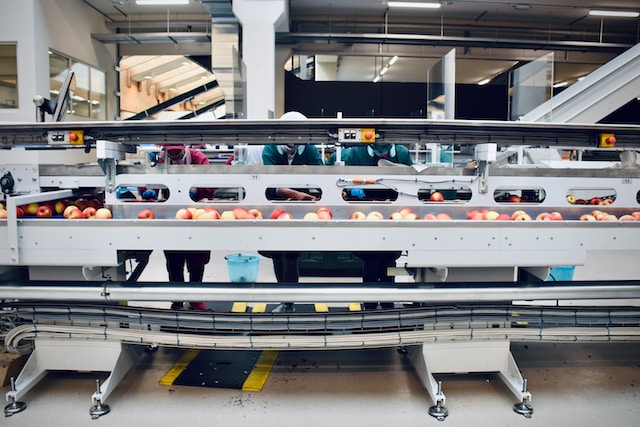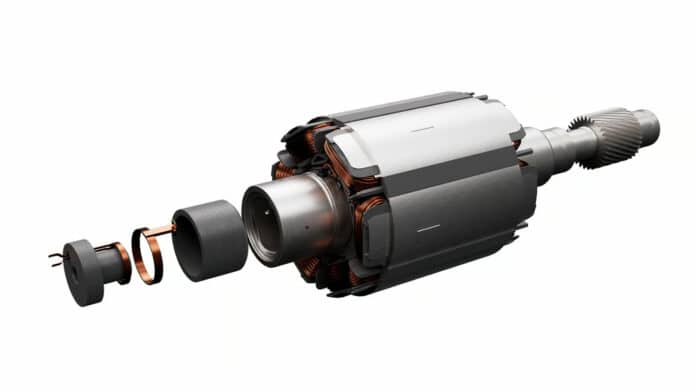The advancement of technology is revolutionizing how industries discover and utilize materials. By integrating AI and machine learning, companies can expedite the process of finding new materials while optimizing manufacturing practices. This technological evolution holds significant promise for enhancing efficiency and innovation in industrial sectors.
In the realm of manufacturing, achieving superior surface quality is paramount for maintaining a competitive edge. Technologies such as plasma polishing are at the forefront, offering advanced solutions that enhance surface quality and durability. This is where the importance of deburring metal comes into play, as it is essential for refining the finish of machined parts, ensuring they meet the highest standards of quality and longevity.
The increasing demand for advanced materials is reshaping industries worldwide. These materials are crucial for developing cutting-edge technologies and ensuring sustainable manufacturing processes. The role of AI and machine learning in discovering new materials has become increasingly important, providing unparalleled speed and accuracy in research and development. Furthermore, understanding the significance of deburring metal in manufacturing processes helps highlight the integral role these technologies play in refining production quality.
The Role of AI in Material Discovery
Artificial intelligence and machine learning are at the forefront of transforming material discovery. These technologies enable researchers to analyze vast datasets quickly, identify potential new materials, and predict their properties with remarkable precision. AI-driven algorithms can sift through thousands of chemical combinations to pinpoint optimal candidates for specific applications. Leveraging AI accelerates the discovery process and reduces costs.
The application of AI extends beyond mere identification; it enhances the entire research and development pipeline. By utilizing machine learning models, scientists can simulate various material behaviors under different conditions, thus streamlining experimental phases. The benefits are manifold, as AI contributes to reducing both the time and resources needed for extensive trials, leading to faster market readiness of innovative materials.
Deburring Metal: A Crucial Manufacturing Step
In the manufacturing sector, ensuring smooth surfaces is critical for product functionality and safety. Deburring metal plays a vital role in removing unwanted edges or burrs from machined parts, thus improving their quality and longevity. Traditional deburring techniques often face challenges such as inconsistency and labor intensity. However, advancements in material science have paved the way for more efficient deburring processes that enhance output while minimizing manual intervention.
Advanced materials bring about improvements in deburring efficiency by offering better wear resistance and adaptability. As industries evolve, the demand for precise finishing processes becomes increasingly significant. Incorporating these materials into deburring practices not only ensures superior surface quality but also extends the lifespan of components used across various sectors.
Integrating AI with Deburring Processes
Integrating artificial intelligence with deburring procedures can revolutionize how manufacturers achieve precision finishes. Through AI-driven systems, companies can automate aspects of the electropolishing process, thereby enhancing consistency and reducing human error. Implementing machine learning algorithms allows manufacturers to predict optimal settings for polishing metals based on historical data, resulting in a more streamlined production line.
Employing AI in deburring operations leads to substantial improvements in efficiency and product quality. As a result, industries are increasingly adopting these technologies to maintain a competitive edge in their respective markets. The future holds promising developments as continuous advancements in AI open new avenues for further optimizing manufacturing processes.
The integration of AI and machine learning into material discovery and manufacturing processes signifies a new era of innovation and efficiency. By embracing these technologies, industries can accelerate their research endeavors while enhancing production quality through optimized practices like deburring. As you explore these advancements, the potential for growth and competitiveness within your sector becomes limitless.







